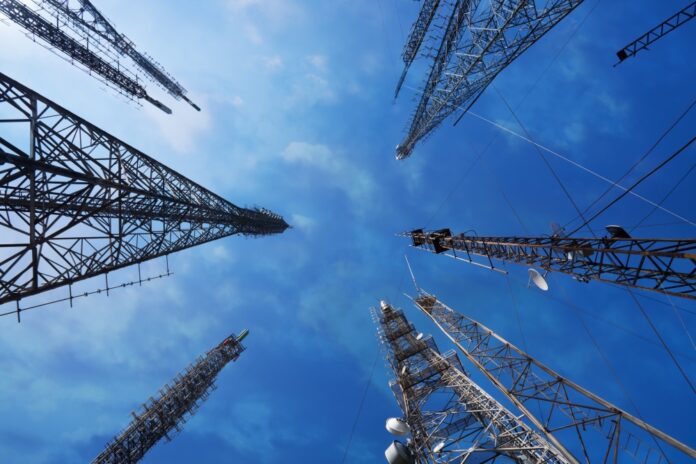A new report from Ericsson outlines what the vendor says is a “unique, network-level approach” to reducing energy consumption and carbon emissions in mobile networks.
The annual global energy cost for running mobile networks is estimated to be around $25 billion (€22.1 billion). “If 5G is deployed in the same way as previous generations in order to meet increasing traffic demands, then energy consumption in mobile networks will increase dramatically,” the report notes.
Ericsson’s approach to reducing energy consumption in 5G networks is based on four key areas: preparing the network; activating energy-saving software; building 5G with precision; and operating site infrastructure intelligently.
The billion-dollar question
Erik Ekudden, Senior VP, CTO and Head of Group Function Technology, Ericsson, said, “With this new report, we answer the billion-dollar question: is it possible to quadruple data traffic without increasing energy consumption? We believe that it is not only an option, it is an industry responsibility. We are now sharing our insights into how the industry can achieve this new reality.”
The report says, for example, that through upgrading radio equipment, Vodafone UK increased traffic capacity and throughput with 20–30% lower energy consumption on average, while Vodafone Portugal saw a typical 14% energy saving at each site where it automated MIMO ‘sleep mode’.
The supplier also says its Energy Infrastructure Operations solution, which is being used by Telenor and trialled by others, uses artificial intelligence and data analytics to support up to a 15% decrease in energy‑related OpEx and a 30% decrease in energy‑related outages.
Industry effort
Separately, Finnish operator Elisa this week said it is on course to achieve carbon neutrality in 2020 through a mixture of renewable energy use and carbon offsetting.
In September, many of the world’s largest mobile operators agreed to start disclosing their climate impacts through an initiative led by the GSMA.



